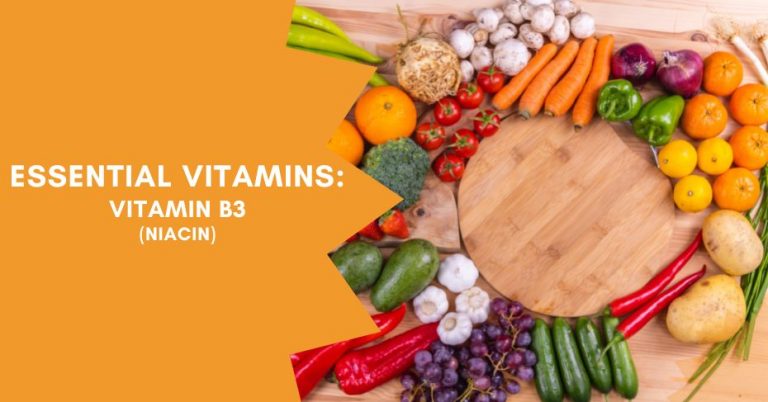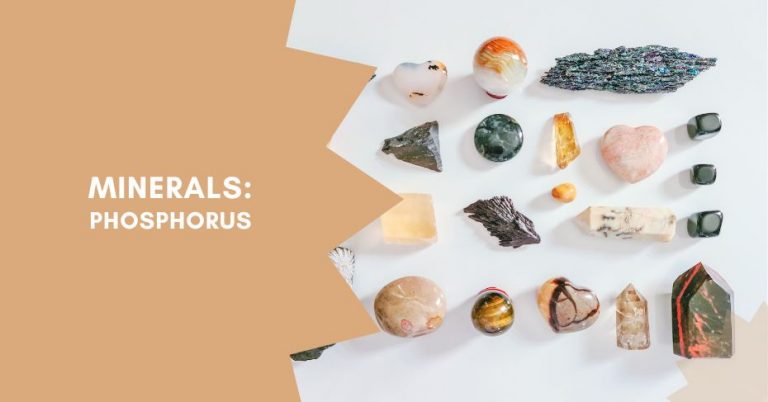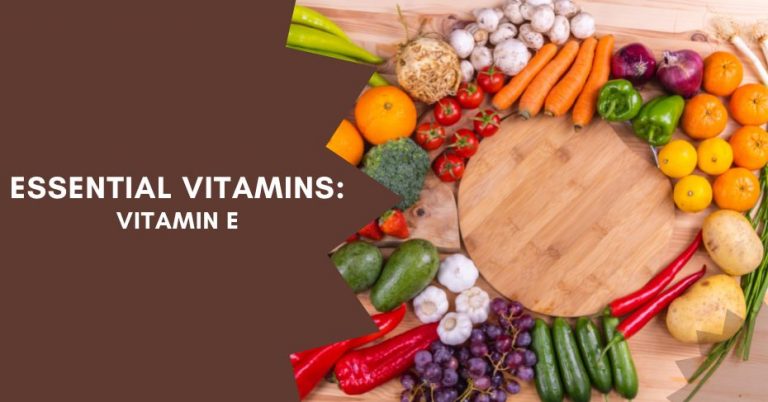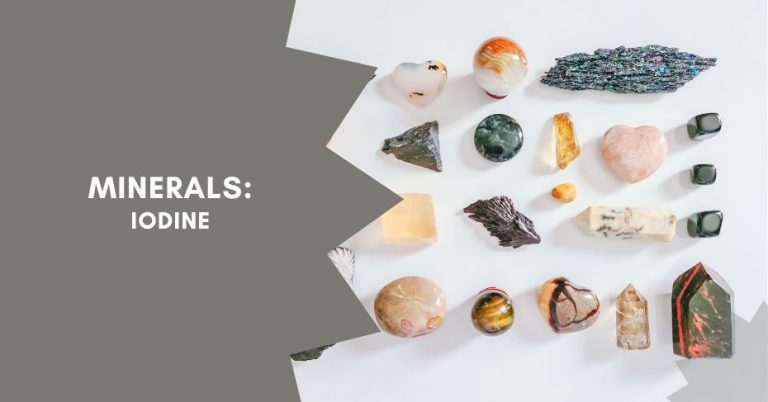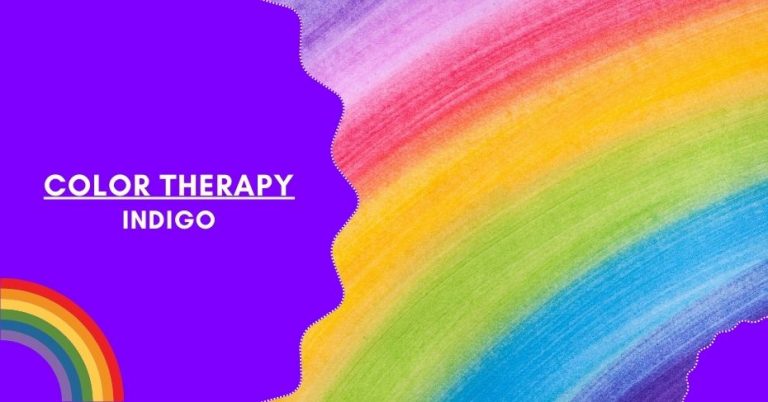Vitamin B2, also known as riboflavin, is one of the eight essential water-soluble vitamins that your body needs in order to function optimally. Despite its name, it is not a single vitamin but rather a group of related compounds called flavins. This powerful nutrient is involved in energy production, metabolism, and cell growth and repair. It has also been found to play an important role in eye health and protecting against certain types of cancer. Let’s take a closer look at why vitamin B2 is so important for our overall health and well-being.
How Vitamin B2 Works
Vitamin B2 is a water-soluble vitamin that your body needs to stay healthy. It helps break down carbohydrates, proteins, and fats into energy your body can use. It also helps turn food into glucose which your cells need for energy. Your body stores some vitamin B2 in the liver but it doesn’t last long so you have to replenish it regularly through diet or supplementation.
The Benefits of Vitamin B2
Vitamin B2 plays an important role in helping your body produce energy from food sources like carbohydrates, proteins, and fats. It helps convert these macronutrients into usable forms of energy for your cells to use throughout the day. In addition, it helps break down homocysteine—a toxic compound linked to cardiovascular disease—and promotes healthy red blood cell formation. Furthermore, riboflavin may have anti-inflammatory properties which can help reduce damage caused by free radicals in the body.
This powerful vitamin also plays an important role in eye health. Studies have shown that riboflavin may help prevent cataracts by reducing oxidative stress on the lens of the eye. Additionally, riboflavin has been found to improve dry eye symptoms such as burning or itching eyes and blurred vision. Finally, research suggests that it may be beneficial for preventing certain types of cancer such as lung cancer and breast cancer.
Vitamin B2 has many health benefits such as promoting normal growth and development, aiding in digestion, producing red blood cells, boosting immune system functioning, reducing fatigue and stress levels, improving skin health, improving vision health, supporting thyroid function, preventing migraines, regulating hormones levels and much more. The deficiency of this important nutrient can lead to various problems like anemia (a decrease in red blood cells), cracked lips/mouth corners (angular cheilitis), seborrheic dermatitis (inflammation on the face), mouth ulcers (canker sores) and more.
It is also essential for normal cell function and development of healthy skin, hair, nails and eyesight. Additionally, some studies suggest that it may play a role in supporting the nervous system by helping with nerve communication signals between the brain and other parts of the body. Lastly, some research indicates that sufficient levels of riboflavin can help reduce symptoms of migraine headaches .
How Much do I Need?
The daily recommended dietary allowance (RDA) for riboflavin depends on your age and gender, but generally men over 19 years old should aim for 1.3 mg per day and women over 19 should aim for 1.1 mg per day. Pregnant or breastfeeding women may need more, up to 1.4 mg per day. If you are unsure how much Vitamin B2 you should take in each day, talk with your doctor or nutritionist who can help recommend an appropriate amount based on your individual needs.
Where Can I Find Vitamin B2?
Vitamin B2 can be naturally found in a variety of foods including dairy products like milk and cheese; green vegetables such as spinach and kale; eggs; nuts; meat; fish; legumes; fortified breakfast cereals; mushrooms; whole grains; and enriched breads/cereals/rice/pasta products. If you’re looking for a supplemental form of this nutrient, you can find it in multivitamins or as a standalone supplement at most drugstores or health food stores. However, it’s best to consult with your doctor before taking any supplements to determine if they are right for you and what dosage you should take per day for optimal results.
Food Sources of Vitamin B2
Vitamin B2 can be found in many different food sources such as dairy products like milk, yogurt, cheese; dark green leafy vegetables like spinach; fish including salmon; eggs; mushrooms; organ meats like liver; beef; fortified cereals; grains such as wheat bran; nuts like almonds and peanuts; certain fruits including oranges and bananas; legumes such as beans, peas, lentils, soybeans and edamame; whole grains such as oats and quinoa; poultry including chicken breast and turkey breast; pork chops or tenderloin roast; soy products like tofu or tempeh ; brewer’s yeast ; nutritional yeast ; miso ;avocado ;and kiwi . Eating a balanced diet made up of these foods can ensure that you are getting enough Vitamin B2 in your diet every day.
Foods Rich in Vitamin B2
You can get enough vitamin B2 by eating foods that are rich in this nutrient such as eggs, liver/organ meats(especially beef liver), dairy products including milk/yogurt/cheese , leafy greens (spinach/ kale/ Swiss chard etc.), nuts & seeds (almonds/sunflower seeds etc.), fish (trout/salmon etc.), mushrooms , fortified cereals & grains , whole grain breads & pastas and certain fruits like avocado /banana etc.. Supplements are also available if you cannot get enough from your diet alone.
Bottom Line
In conclusion, vitamin B2 is an important nutrient that provides numerous benefits for the human body. Not only does it help with energy production but it also supports healthy vision and skin among other things. To ensure you are getting enough vitamin B2 in your diet it is best to eat a variety of foods that are rich in this nutrient or take supplements if necessary. Regardless of how you get your daily dose of riboflavin – make sure you include this essential nutrient in your daily diet!
